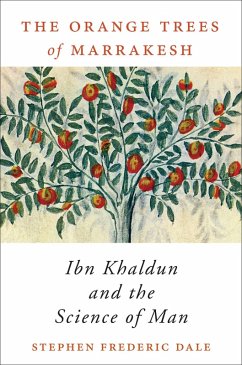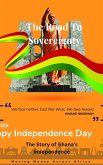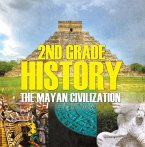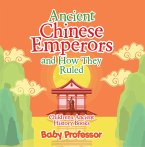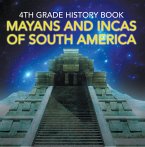An examination of Khaldun's Islamic history of the premodern world, its philosophical underpinnings, and the author himself. In his masterworkMuqaddimah, the Arab Muslim Ibn Khaldun (1332-1406), a Tunisian descendant of Andalusian scholars and officials in Seville, developed a method of evaluating historical evidence that allowed him to identify the underlying causes of events. His methodology was derived from Aristotelian notions of nature and causation, and he applied it to create a dialectical model that explained the cyclical rise and fall of North African dynasties. The Muqaddimah represents the world's first example of structural history and historical sociology. Four centuries before the European Enlightenment, this work anticipated modern historiography and social science. InStephen F. Dale'sThe Orange Trees of Marrakesh, Ibn Khaldun emerges as a cultured urban intellectual and professional religious judge who demanded his fellow Muslim historians abandon their worthless tradition of narrative historiography and instead base their works on a philosophically informed understanding of social organizations. His strikingly modern approach to historical research established him as the premodern world's preeminent historical scholar. It also demonstrated his membership in an intellectual lineage that begins with Plato, Aristotle, and Galen; continues with the Greco-Muslim philosophers al-Farabi, Avicenna, and Averroes; and is renewed with Montesquieu, Hume, Adam Smith, and Durkheim. Praise for The Orange Trees of Marrakesh "Stephen Dale's book contains a careful account of the dizzying ups and downs of Ibn Khaldun's political and academic career at courts in North Africa, Andalusia and Egypt. For these and other reasonsThe Orange Trees of Marrakeshdeserves careful and respectful attention." -Robert Irwin,The Times Literary Supplement (UK) "Historian Stephen Frederic Dale argues that Ibn Khaldun's work is a key milestone on the road from Greek to Enlightenment thought, chiming with the radical reasoning of philosophers such as Montesquieu and Adam Smith." -Barbara Kiser,Nature "Dale's interest in Greco-Islamic philosophy contributes to this biography's uniqueness... This work provides indispensable background information to truly appreciate this single most influential Islamic historian." -R. W. Zens,Choice "Excellent scholarship on a fascinating subject." -Publishers Weekly
Dieser Download kann aus rechtlichen Gründen nur mit Rechnungsadresse in A, B, BG, CY, CZ, D, DK, EW, E, FIN, F, GR, HR, H, IRL, I, LT, L, LR, M, NL, PL, P, R, S, SLO, SK ausgeliefert werden.

